Well-Meaning but Misinformed
I was always aware of a need to build a safe, inclusive and inviting learning climate, open to a wide range of cultural and other identities.
What I was not aware of back then was what some of those identities were, or how my own assumptions about them could jeopardize my naive endeavours to envelop them into the fold of my heartfelt but less-than-ideally inclusive classroom and give them an authentic voice with which to speak and explore their own truths.
Who am I?
A poignant time of year has just passed; Toronto's week-long jazz festival, Pride weekend, and end of year for most teachers here in Ontario.
For me, all three of these events are significant: I've either attended or volunteered at the Jazz festival almost every year, I've been going to the dyke march and/or volunteering at the CAP booth annually since I came out, and until this summer, I was either packing up my classroom or tidying my desk at a board office somewhere at the end of each June for the past 19 years.
 Sneakers in PEI
Sneakers in PEI It's true, I'm a white, queer, able-bodied, Canadian woman.
But I'm also a teacher, a pilot, a mother, a drummer, a rescue dog owner, a gardener, an orphan, a writer, and a lover of PEI, Canada.
And each of these things I am, is invariably influenced in some way by another. My early anxiety about playing drums, for example, is inextricably linked to the fact that I am female and was raised by a strict, single, European mother. (Ironically, my general confidence as a woman is also linked to that latter fact!)
In some instances, the existence of one aspect of my identity is a direct result of the existence of another. In other cases, how I live the experience of being a teacher, an urban gardener, or a mother is coloured by my LGBTQ status, my gender, or the fact that I became a full orphan at 21.
| |
And yet they shaped who I was as a child, who I became as an adult, and how I navigate my way into mid-life.
The organizers of this professional learning opportunity took great care to select a wide variety of speakers who all connected to the LGBTQ+ spectrum in some way, but for whom their sexual and/or gender identity was almost a secondary (if nevertheless related) aspect of their identity: A wheelchair-wielding woman talked to us about living with a disability, a young, black, trans dancer spoke with us about their slow but inevitable conversion to the Black Lives Matter movement, and a teenage musician regaled us with self-written songs and stories about the journey through orphan-hood in a greater Toronto area suburb.
It dawned on me how -- despite my tremendous research and attention to diversity, equity and inclusion -- the first things I still see in a person are so very often the most superficial. How frustrating!
I sense new people's assumptions about who I am when they see my rainbow hair (an indulgence of mine for Pride weekend, which lasts 3-6 months and slowly fades out), and their relative comfort with my apparent "normalcy" when they encounter me with my kids and our dog versus just with my (female) partner.
And if I tell them my address first (a run-down, older apartment in the city's west end), they are surprised to later learn that I am a certified teacher, a licensed pilot and the co-owner of a house on the east coast!
The drums still get a raised eyebrow, however. (I am, after all, a girl, and women aren't supposed to be drummers, in case you didn't know!)
Recently, I was invited to participate on a planning committee at a community organization I have been involved with off and on over the years.
At our first meeting, we were tasked with beginning to think about both a speaker for the event we are organizing, and a topic focus. It had already been decided that the speaker would be black, and -- cognizant of my tendency to take over the conversation at the best of times -- I tried to be especially conscious of my airtime given this particular context, and did my best to make sure that those of us at the table who were white did not speak more than those of colour (side confession, I failed; no surprise there.)
I was intrigued for two reasons.
First, I was reminded by how very assumptive I am (my interest in equity, and the fact that my main childhood friend was black does not make me an expert on the African diaspora and the lived experience of black oppression in Canada!)
But secondly, I wondered how one could possibly address the issue of blackness without attention to or at least an awareness of the intersecting parts of one's being. (Again, my assumption that this is important.)
As a comparatively bright, relatively privileged only child, I am well aware that a big part of who I am is a know-it-all. I shall therefore do my best to keep my white-splaining to myself at subsequent meetings, and stay open-minded to the fact that there might be a more intentional slice of intersectionality that is pulled decisively into focus for certain purposes.
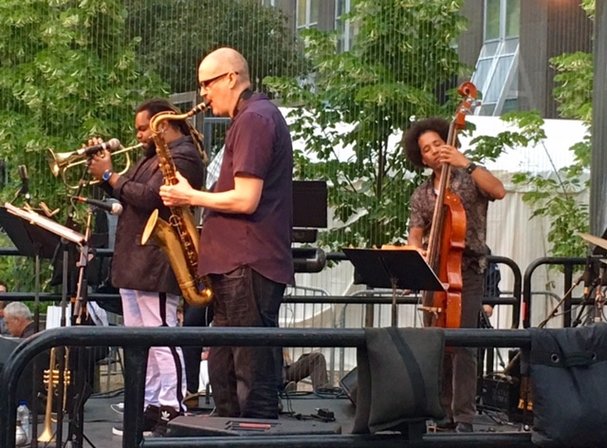
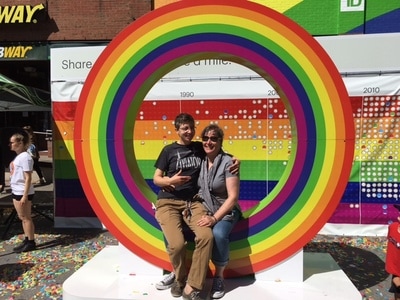
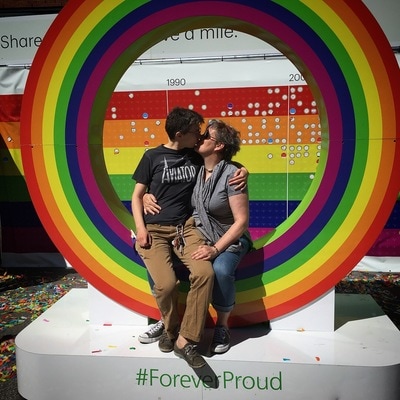
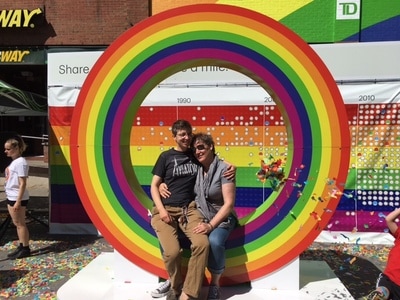
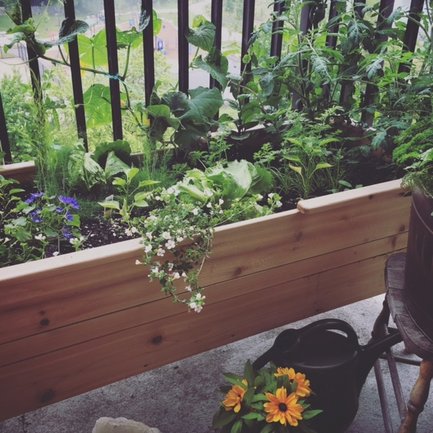
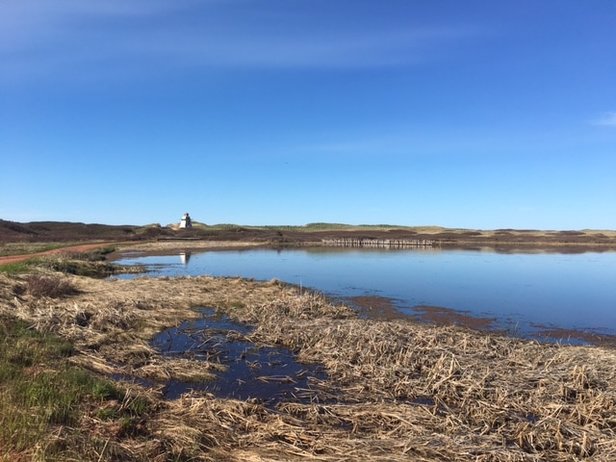
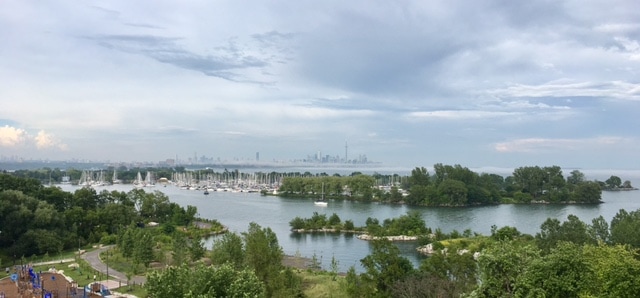
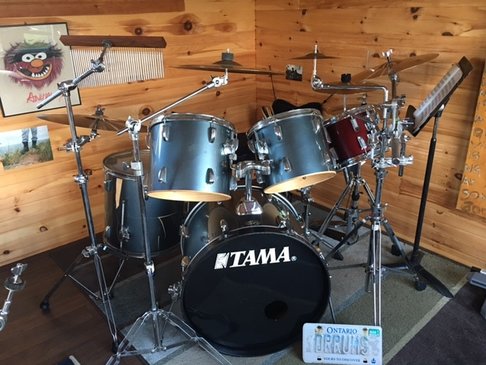



 RSS Feed
RSS Feed